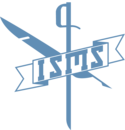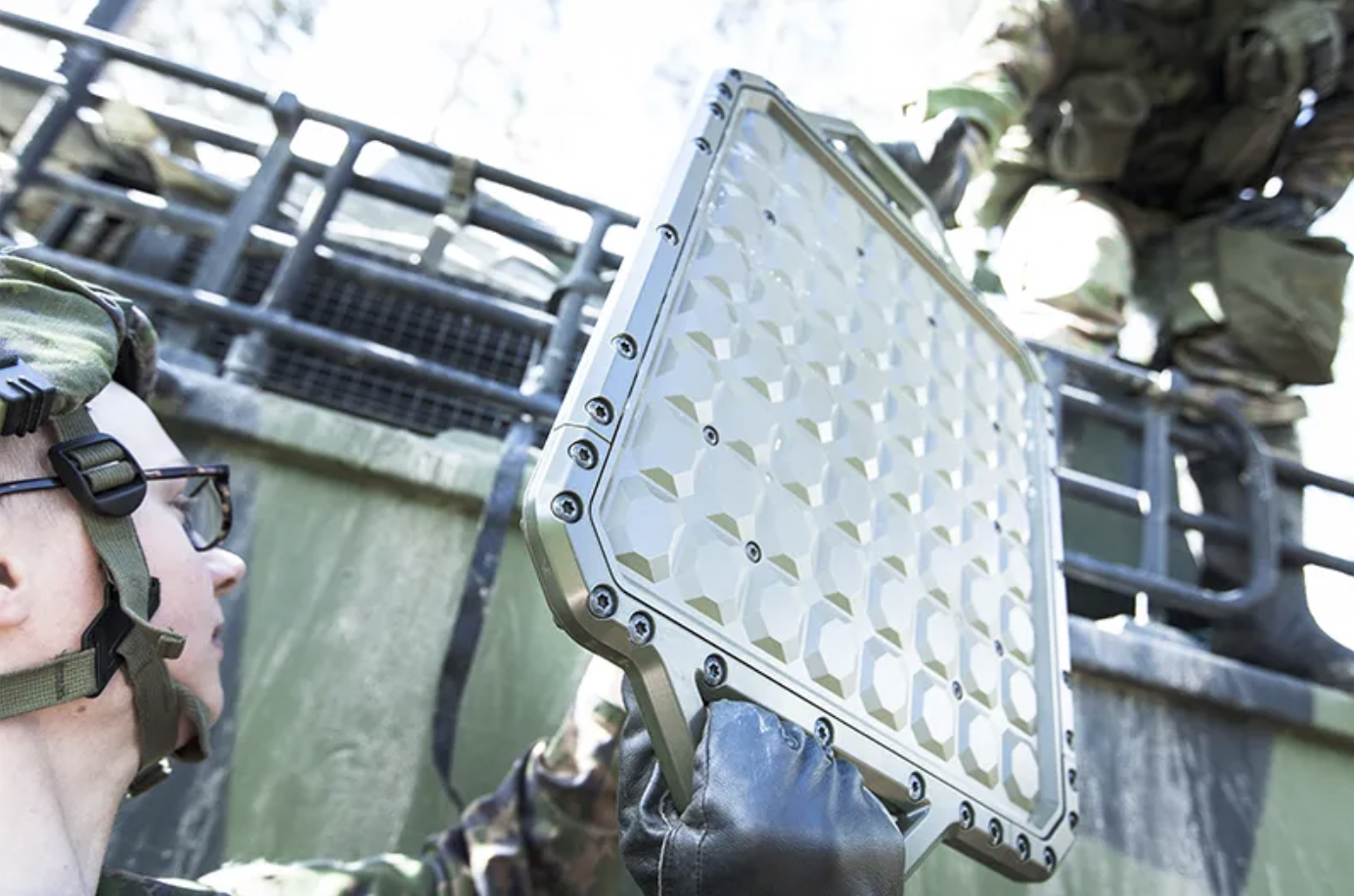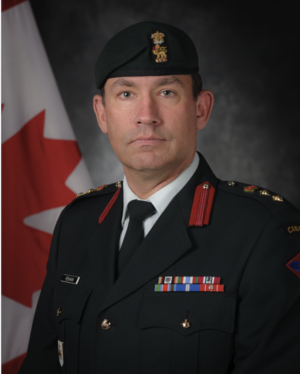Working Group 3 Military Technology
Information systems, systems testing, impact of technology on operations, weaponry, interaction with human dimension, R&D agendas, industry connections, life cycles and defence acquisition, network centric warfare and network enabled capabilities.
Kimberley Underwood, "Finland is Developing Communication Superpowers," Signal, AFCEA 75, 1 October 2019. Finnish researchers are advancing in-band full-duplex wireless communication to improve military applications. (photograph, Armada International, tactical wireless IP network)
Current Chairs and Contacts for Working group
Colonel Christopher Renahan, Royal Military College of Canada, email.
Professor Dr. Hannu Kari, Finnish National Defence University, email.
Colonel Christopher Renahan is a Canadian Army Armour Officer who is a graduate of the Royal Military College of Canada and has served with the Royal Canadian Dragoons in Canada and internationally in Bosnia, Afghanistan, and the Middle East. He completed the Land Force Technical Staff Programme and has been employed in the Directorate of Land Requirements on a number of occasions working primarily on armoured fighting vehicle related projects for the Canadian Army, as well as having served for four years as the Director. He is a graduate of the US Army Command and General Staff College, the NATO Defence College, and holds a BEng and MASc in Chemical Engineering from the Royal Military College of Canada. In 2024 Colonel Renahan returned to the Royal Military College of Canada and assumed the role of the Director of the Canadian Army’s Technical Programmes which contributes to the education of future staff officers who will manage and deliver the capability development and equipment programme that will build the Canadian Army of the future.
Professor Dr. Hannu Kari, Finnish National Defence University
Hannu Kari is a Finnish researcher in information technology and information security and a developer of wireless mobile systems (especially GPRS). Since April 2007, he has worked as research director at the Finnish National Defense University. He has previously worked as a professor at the Helsinki University of Technology and researcher at Nokia. He was present at the founding of ISMS in Amsterdam in May 2008.
Scope: the aim and purpose of the Working Group
International cooperation on questions of military science and technology may present challenges because of classified information and potential commercial value. Operating in an international forum at an unclassified level, this working group seeks to raise awareness about open-source developments of broad interest to our institutional members. Participants may use the open forums for situational awareness about unclassified developments and ongoing research.
Keyword descriptors
Military science, technology, cyber security, communications, networks, surveillance, targeting, surveillance, physics of armaments, military chemistry, CBRNE
Topics addressed in previous conferences
Surveillance systems on public transit; Digital Communications Interception and its Strategic Aspects; Trends in Unmanned Ground Vehicle Development; Methods to Improve Privacy Protection in Wireless Military Networks; Modeling imbalance of cyber operations between closed and open national networks; Brain-machine interface and the future soldier
Current Working Group Activities
The working group is looking for contributors to prepare an annual digest of new and influential materials, including books, journal articles, and research projects, for the benefit of participants and institutional members.
History of the Working Group
This is one of the original eight working groups of the ISMS established at Amsterdam in 2008.
Related Contact information
Czech Defence University journal, Advances in Military Technology
Elsevier Journal, Defence Technology


